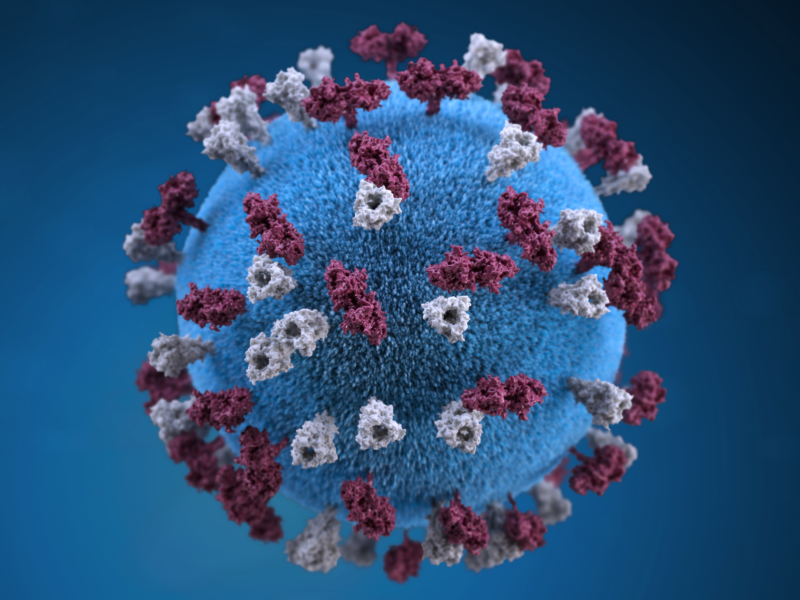This summer, CDC reported on a dramatic rise in whooping cough cases in California. As of the most recent MMWR report, California has had 2,625 cases to date, a four-fold increase from last year’s 646 cases. Although the illness is seldom serious in adults, whooping cough can be deadly in infants. Communities across the United States have reported outbreaks and infant fatalities since the initial surge in California. HealthMap has reported alerts in a dozen states in the last month alone.
Lack of vaccination was an obvious suspect. Immunity to pertussis decreases with age, so adults vaccinated in their childhood may now be susceptible to whooping cough. These adults could then pass it on to infants and children. Furthermore, many of the early cases were in San Diego, which has a vocal anti-vaccine community.
While vaccination is clearly an important tool in fighting these outbreaks, two recent news stories highlight other concerns. Researchers from Baylor College of Medicine recently investigated vaccine storage. They found “one-quarter of 54 vaccine refrigerators in . . . community health centers had temperatures that dipped into the freezing range, most commonly at night and on weekends.” When the pertussis vaccine freezes, its efficacy can be severely compromised.
Mutation of the pertussis bacteria could also decrease the effectiveness of the vaccine. Years ago, Dutch researcher Dr. Frits Mooi raised the possibility of whooping cough adapting to evade the vaccine. He believes a new type of pertussis is playing a role in the current outbreaks. KPBS in San Diego has a thorough discussion of this idea along with another prominent researcher’s counter argument that increased awareness and diagnosis of whooping cough is adding to the reported cases.
The current surge in whooping cough cases is likely due to numerous factors. Regardless of the underlying factors, vaccination remains a critical tool is protecting those most vulnerable to it. The CDC recommends that all adults get a one-time booster of adolescent/adult tetanus-diphtheria-pertussis vaccine (Tdap).

